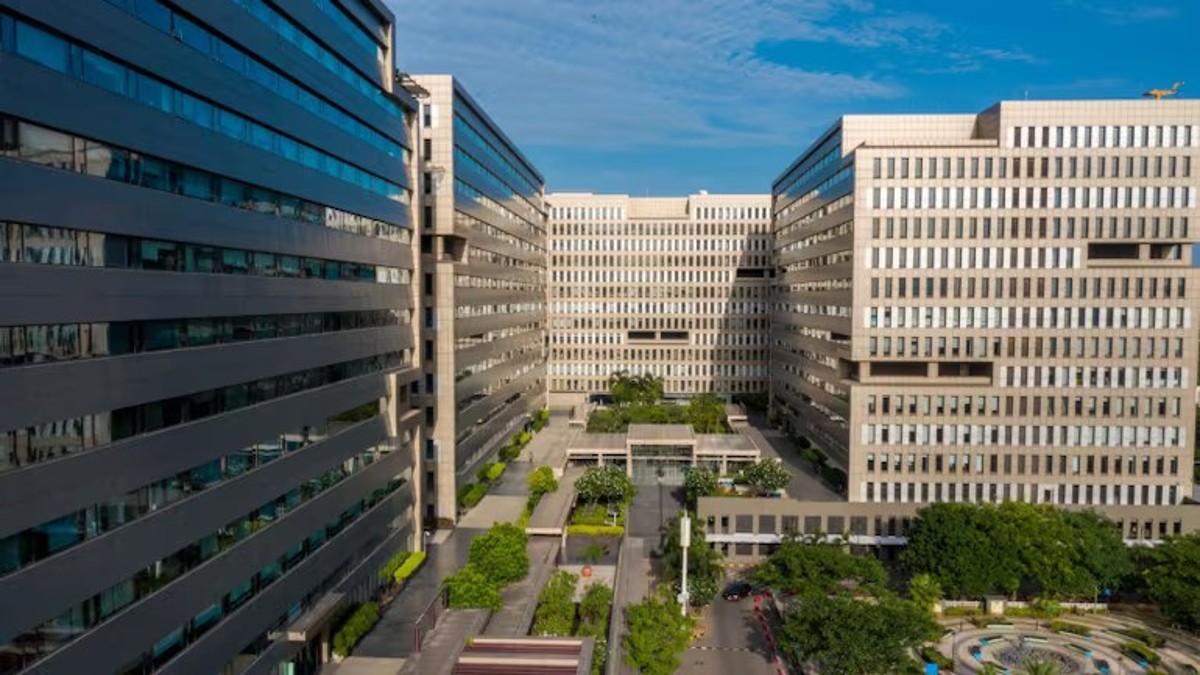Have car sales hit rock bottom? Perhaps. In October, sales plunged 24 percent to hit an 11-year low, according to the Society of Indian Automobile Manufacturers (SIAM).
Sales were affected by a toxic combination of cooling consumer demand and labour strikes at Maruti Suzuki, India’s largest car maker, which cost the company more than 40,000 units in lost production last month. Even though the labour dispute seems to have been resolved, overall sentiment in the car market remains glum.
Clearly, the added boost from festival demand has not happened as it usually does this time of year.High borrowing costs - the Reserve Bank of India has raised borrowing costs 13 times since March 2010 to cool inflation, which has remained stubbornly above 9 percent- and high fuel costs - petrol prices have been raised by 23 percent since January - have made shoppers think twice before buying a car.
Up to 70 percent of all car purchases are financed with the help of bank loans.
The mood among shoppers is so grim that even a slew of new car launches and freebies couldn’t prod potential car buyers into the showrooms. To take just one example, one of the most anticipated October launches came fromHyundai, which launched an 814cc car, “Eon”, to compete against Maruti’s Alto.
Hyundaireceived over 9,000 bookings in the month, said Motilal Oswal, but overall volumesstill declined by 7.5 percent from a year ago to 48,325 units. It was a similar story for several other car companies, both local and foreign.
So is there any chance of things getting better? Unfortunately, there’s no optimistic answer to that.
Central bank governor D Subbarao might hold off raising interest rates any further, but at the level they are right now, they’re still pretty high. Oil prices are also forecast to stay relatively high.
In fact, high crude oil prices prompted oil companies to hike petrol prices by Rs 1.82 per litre last week, the second time in as many months.
“With high interest rates and high base effect, it is natural behaviour for car sales to slow,” Juergen Maier, a Vienna-based fund manager at Raiffeisen Capital Management that oversees about $1.2 billion of emerging-market assets told Bloomberg. “You will see a slowdown this year and in the first half of next year because of the global uncertainty.”
That’s a given, especially in the case off petrol-engine cars, which account for about 67 percent of the car market.
So far, the only sliver of demand has come for diesel cars, which have benefited because of the growing price differential between petrol and diesel, currently more than 40 percent. However, companies have struggled with production constraints to keep up with demand, as a result of which waiting lists for diesel cars have increased to 4-6 months.
Of course, even that small glimmer of hope might die soon as there are reports the government is planning to impose a hefty tax on diesel cars and raise the pump price of diesel soon. If either of these things happen, expect demand for diesel cars to take a U-turn.
“For any recovery to happen, interest rates have to come down and fuel prices need to cool,” Vishnu Mathur, director-general of SIAM, told The Economic Times.
Neither option looks likely to happen at least this year. Most economists don’t expect interest rates to come down any time before March (barring another Lehman-like moment globally) and Brent crude, a global oil benchmark, currently at around $112 a barrel, is also not expected to fall significantly.
Deepak Jain, an analyst with brokerage Sharekhan, told The Wall Street Journal that he did not expect the next two months to be any better for the car segment.
Ratings agency Crisil forecast a few months ago that car sales would decelerate to 2-4 percent this financial year (April-March) after scorching ahead 30 percent last year. Industry body SIAM, which had already revised its forecast for car sales to 11-13 percent, is expected to follow and revise its forecast further, perhaps even to single-digits.
No, 2011 will definitely not end as a good year for car makers. Fingers crossed for 2012.
Here is what SIAM has to say on auto sector outlook:
Watch video ….
)
)
)
)
)